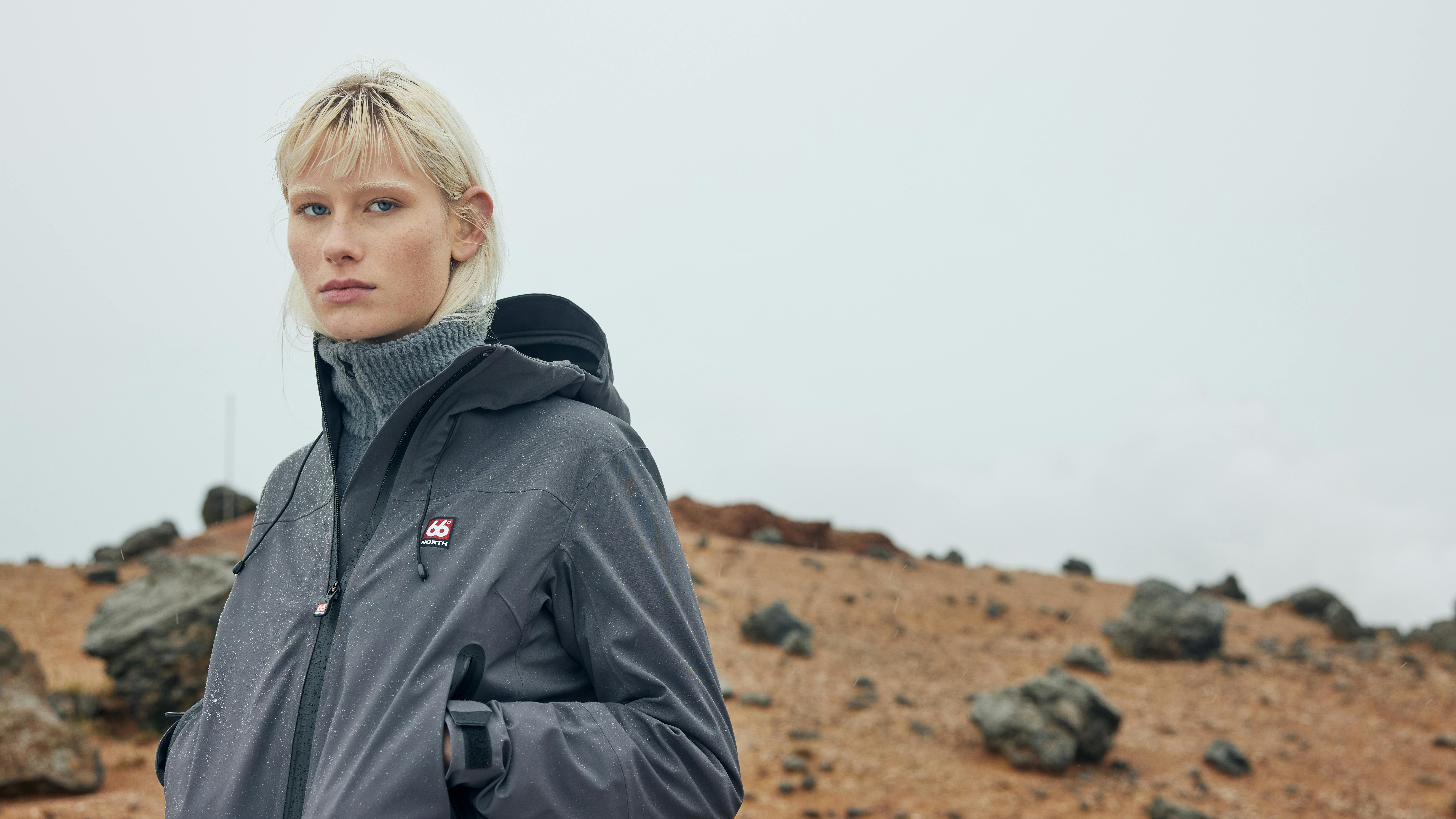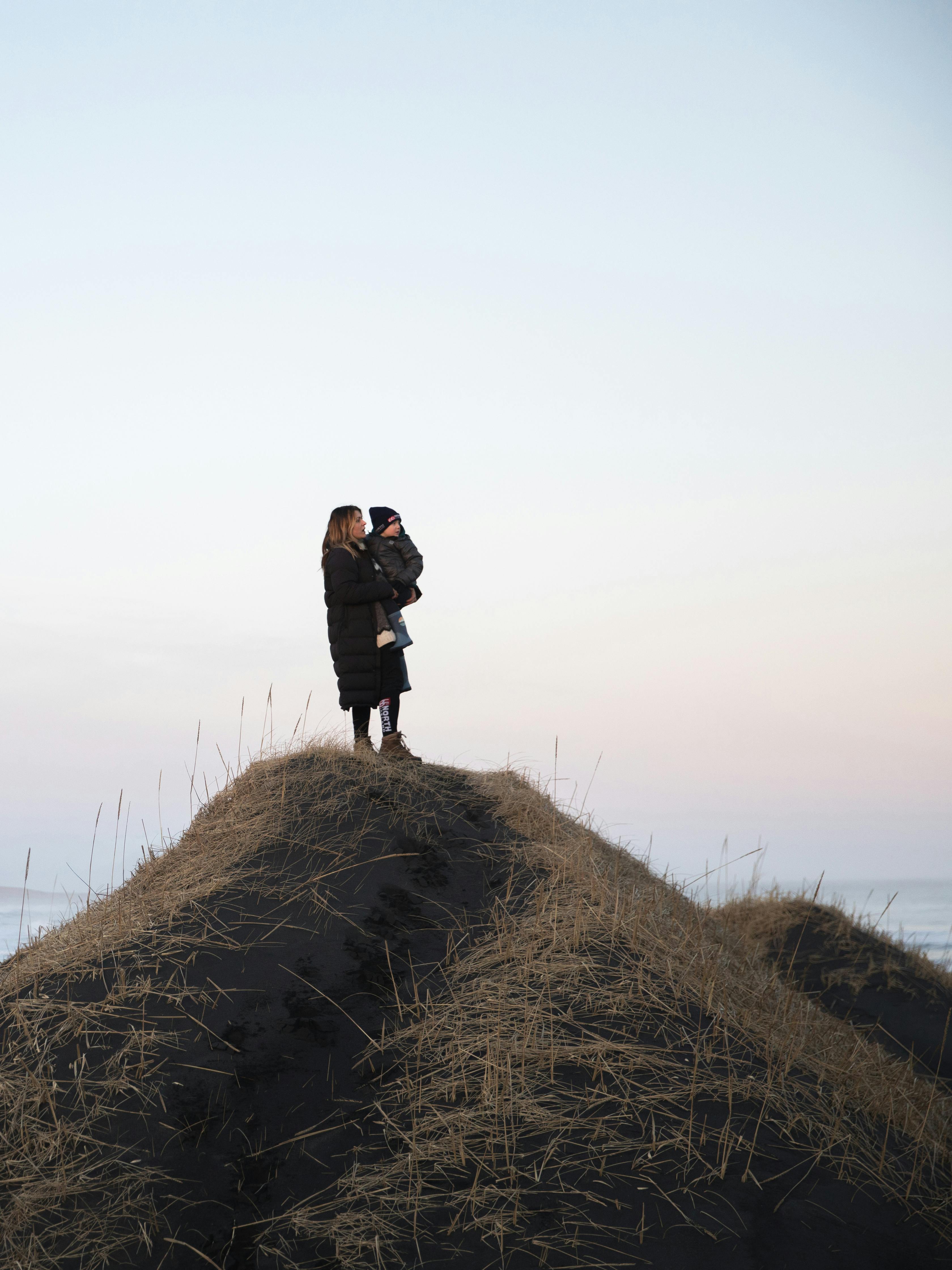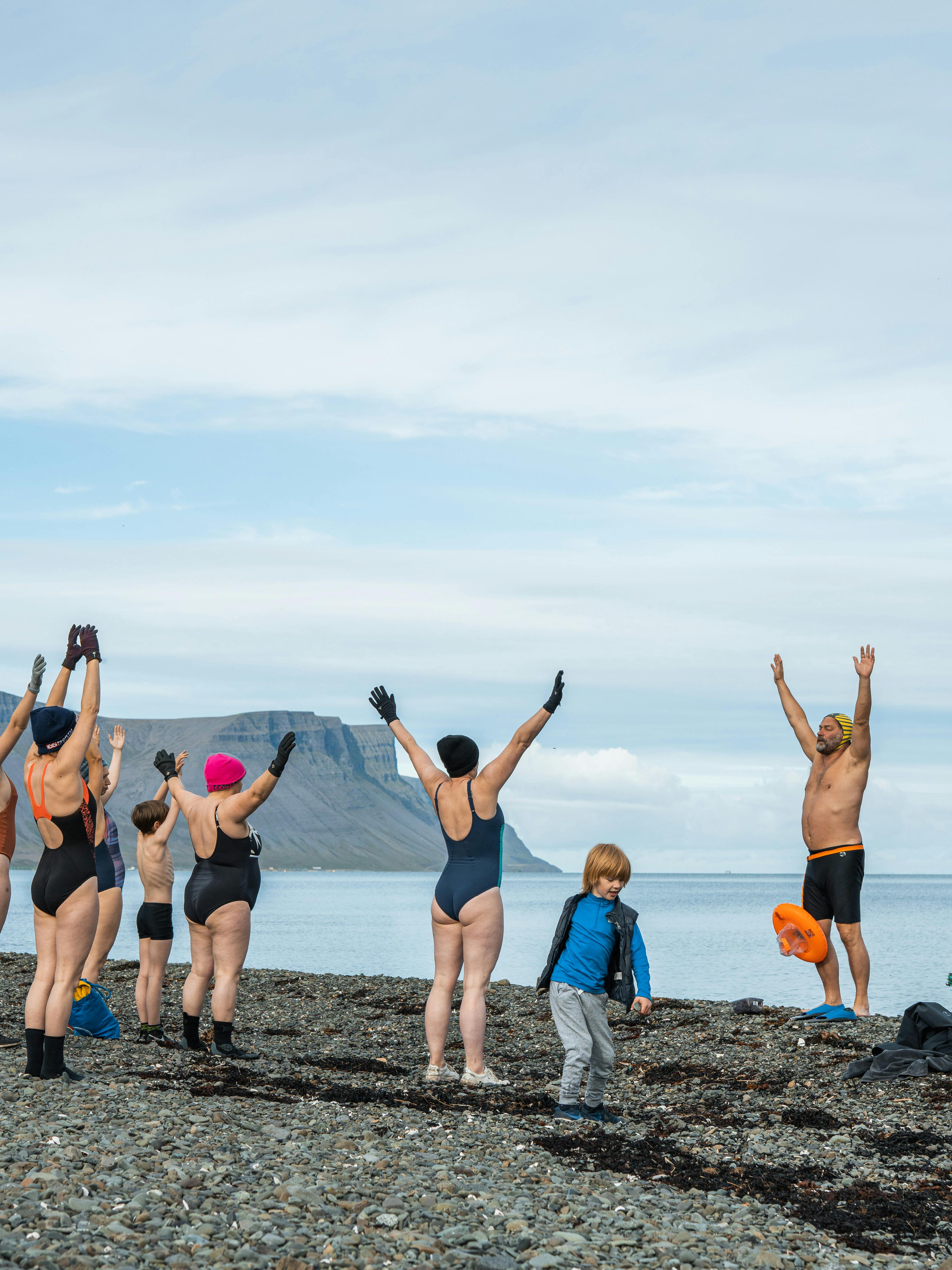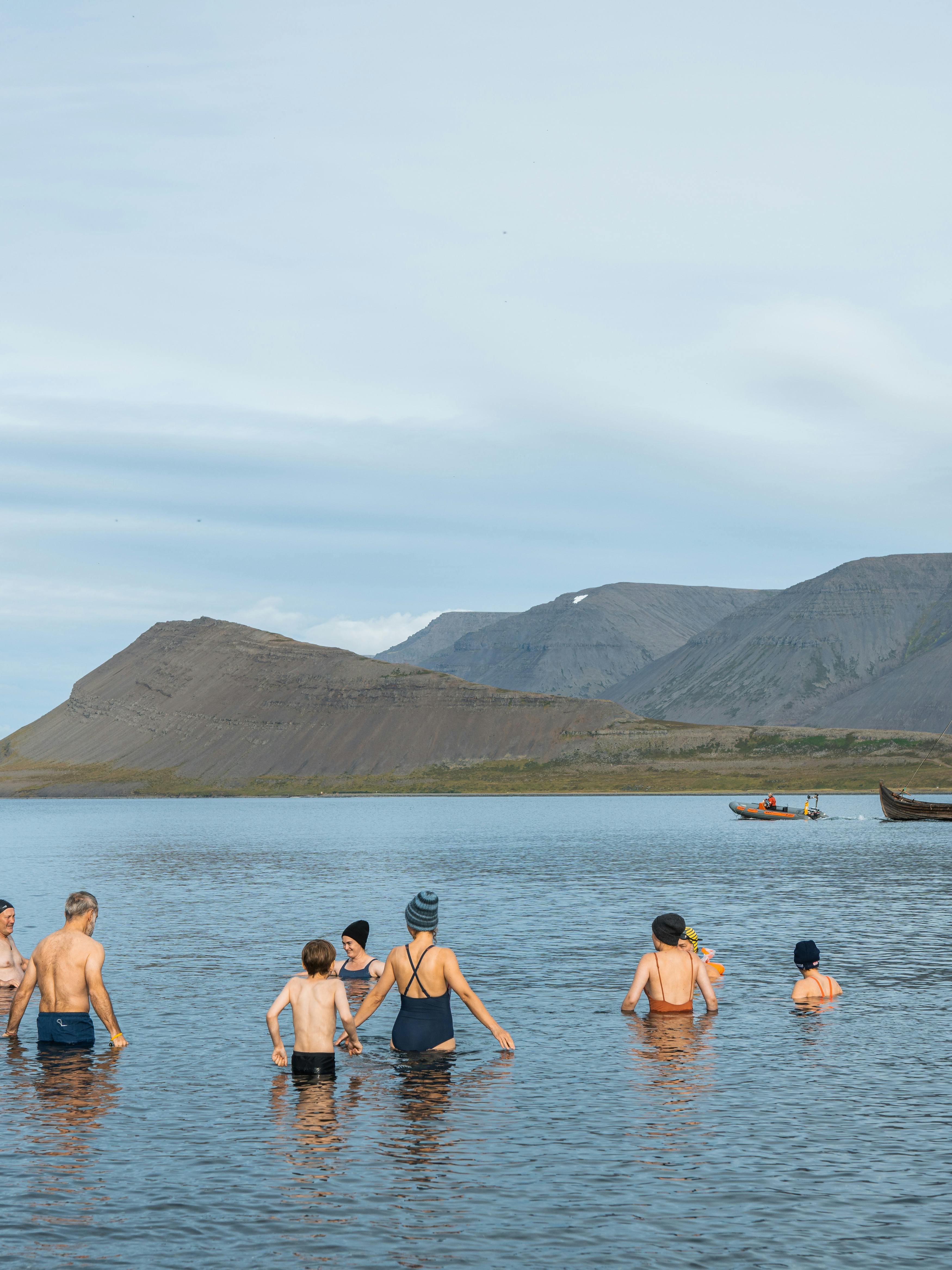
Waiting for summer since 1926
Frost on the First Day of Summer
‘First Day of Summer’ is an actual public holiday in Iceland. Every year, on the first Thursday after April 18, school is off, offices stay closed, and most non-essential stores close their doors. Instead, youth clubs parade and fly flags, hot dogs hit the barbecue, and choirs sing songs of summer. Still, for many, this annual celebration plays out almost like a cruel joke. As I write this, sleet descends on the city and the current forecast for Thursday tells us to expect a whopping 4 to 8 degrees Celsius along the coast–mild, compared to the data.

The weather shouldn’t come as a surprise. The old folk belief goes that a good summer ensues if water freezes the night before the First Day of Summer. In other words, people have known throughout the centuries what to expect on this day. (Between 1949 and 2015, Reykjavík had 27 nights of frost on the eve of summer.) Rarely does it feel like a summer’s day. It tends to be sunny–but cold, often with temperatures hovering just above zero. Then again, it’s usually dry.


The First Day of Summer is a remnant of an older calendar used in Iceland before the Christian-Roman system took hold in the 12th century. According to the older calendar, the year was split into two nearly equal parts: winter and summer, or “short days” and “nightless days”–highlighting the fact that Icelandic seasons have just as much to do with light as they do with the weather. There were subdivisions of months, too, and the First Day of Summer marks the first day of Harpa.

Although not stated explicitly in any surviving sources, it is considered likely that the First Day of Summer was seen as the first day of the year. For example, the age of both people and animals was counted in ‘winters’ (which is still the case with livestock in Iceland) and there was a huge feast–second only to Yule–on this day. People also exchanged presents, many centuries before Christmas presents became commonplace.


This tradition holds sway today. Children, in particular, can expect to receive a ‘summer present,’ often a toy for outdoor use, such as a ball or a frisbee. The celebrations are generally geared towards children and many have fond memories of this day from growing up.
In Iceland, summer tends to be more a state of mind than a succession of nice, warm, sunny days. Celebrating the First Day of Summer helps to shift one’s thoughts in that direction. After the long, dark winter, we’ll take every chance we can to get the seasons going. So–happy summer!